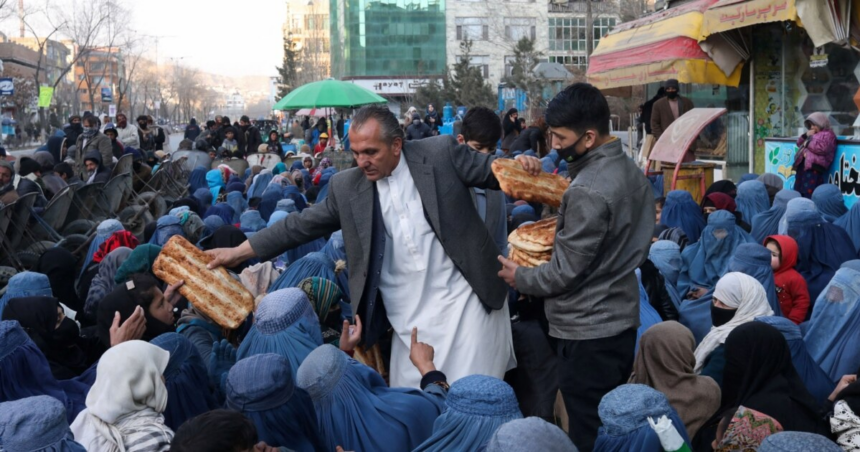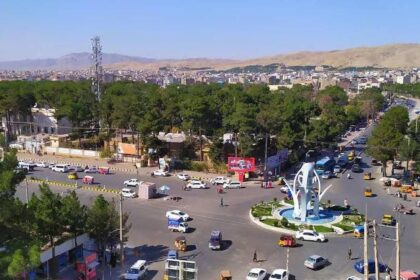RASC News Agency: As forced deportations of Afghanistani refugees from neighboring countries intensify, the United Nations High Commissioner for Refugees (UNHCR) has issued a stark warning, declaring that Afghanistan is now facing an imminent humanitarian catastrophe. The agency emphasized that the accelerating levels of poverty and human suffering threaten to spiral out of control, putting thousands of children and elderly people at risk of starvation if immediate international action is not taken. In a statement released on Thursday, August 7, the UNHCR reported that more than 2.1 million Afghanistanis have been forcibly or voluntarily repatriated from Iran, Pakistan, and other neighboring countries in recent months. This sudden influx, it noted, has overwhelmed the country’s already fragile infrastructure and strained its severely limited resources beyond capacity.
“Whether voluntary or forced, the mass return of Afghanistani refugees poses a serious humanitarian challenge,” the UNHCR wrote on X (formerly Twitter). “Afghanistan simply does not have the means to absorb and support this volume of returnees.” The agency called on international donors and humanitarian organizations to urgently increase aid to Afghanistan, warning that failure to act will cost innocent lives and deepen the existing crisis. Simultaneously, reports from Iran and Pakistan indicate a rising crackdown on undocumented Afghanistani migrants, with intensified efforts to detain and deport them. Recently, Qasem Rezaei, Iran’s Deputy Police Chief, confirmed that Afghanistani nationals without legal documents are now active targets of arrest and removal operations. Sources in Pakistan also report a sharp escalation in deportations, often carried out under harsh and dehumanizing conditions.
The situation is exacerbated by Taliban-imposed restrictions, systemic gender-based oppression, high unemployment, and the dismantling of civil institutions. The arrival of millions of returnees into a country already battered by economic collapse and social fragmentation has pushed Afghanistan’s humanitarian crisis into a dangerous new phase. Most of the returnees arrive destitute and homeless, without access to basic healthcare, education, or livelihood opportunities. Many are forced to return to regions where conflict, repression, and extreme poverty await them. The Taliban’s refusal to govern transparently or humanely has only magnified the crisis, as essential services remain under-resourced, mismanaged, or simply inaccessible especially to women and minority groups.
According to international relief organizations, over 23 million Afghanistanis more than half the population currently depend on humanitarian aid to survive. This number is expected to climb as deportations continue and economic conditions deteriorate. Yet, aid delivery has been severely hampered by Taliban restrictions, including bans on women working in the humanitarian sector, suppression of NGOs, and growing hostility toward international agencies. Taliban censorship of the media and its crackdown on civil society have also created an information blackout, making it increasingly difficult for the global community to monitor the situation or respond effectively.
Experts warn that Afghanistan is now experiencing the gradual collapse of its humanitarian infrastructure, a breakdown that could have catastrophic regional and potentially global implications. The international community, they argue, must not abandon its moral and strategic responsibility toward the Afghanistani people. “This is not just a crisis; it is a slow-burning tragedy that could explode into something much worse,” said one humanitarian official, speaking anonymously due to security concerns. “We are witnessing the systematic failure of governance, accountability, and basic human rights under a regime that prioritizes power and repression over people’s lives.”
In the face of ongoing forced returns, political instability, and international apathy, the United Nations and global rights organizations are once again calling on the world to act decisively. If ignored, Afghanistan could descend into an all-encompassing humanitarian disaster one whose consequences will not stop at its borders.






